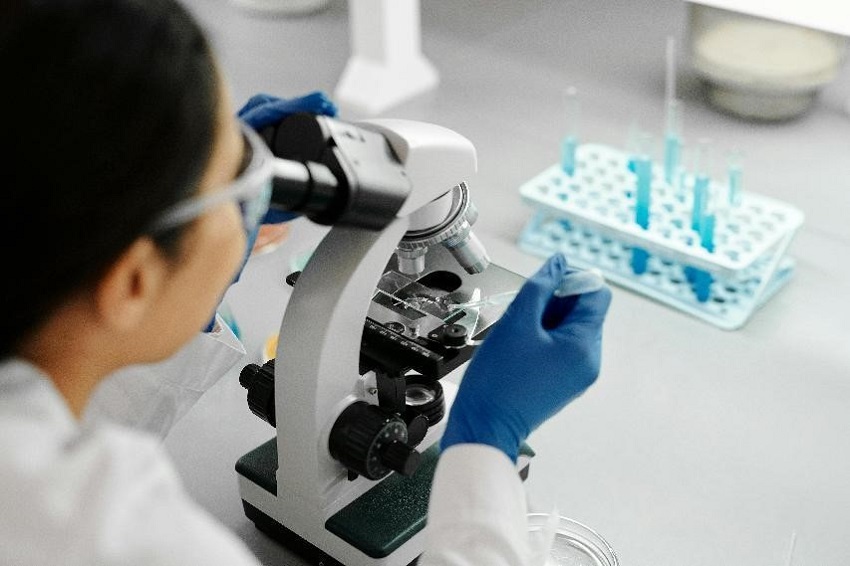您好!很高兴为您提供一对一的专属咨询。
请问有什么可以帮您?
冻卵的流程和价位是什么?


In the in vitro fertilization (IVF) process, the embryo grading report is one of the important indicators for assessing embryo quality and success rates. However, many patients often feel confused when faced with these medical terms. Today, we will uncover the mysteries of this "report card" to help you better understand embryo grading.
Embryo grading is a core part of evaluating the developmental potential of embryos during the IVF process. It is primarily assessed through morphological grading and genetic screening (PGS). Morphological grading is done by observing the external morphology of the embryo, while genetic screening delves into the chromosomal level of the embryo to ensure its genetic health and stability.
Morphological grading and genetic screening serve as double insurance: morphological grading can be understood as the "appearance" of the embryo, while genetic screening focuses on the "internal" aspects. By combining both, doctors can evaluate the quality of embryos from multiple angles, thereby increasing success rates.
PGS (Preimplantation Genetic Screening) analyzes the chromosomes of the embryo to select those with a normal chromosomal count, reducing the risks of miscarriage and birth defects. This technology is particularly suitable for older women or couples at risk for genetic diseases. The process of PGS grading includes the following steps:
1. Biopsy: A small number of cells are taken from the embryo on day 3 or day 5.
2. Testing: Molecular biology techniques, such as NGS (Next-Generation Sequencing) or CGH, are used to analyze the chromosomes.
3. Grading: The chromosomes are assessed to determine whether they are normal.
Embryos with normal chromosomes are considered higher quality, which helps improve the success rate of IVF.
Embryo grading is based on the morphological characteristics of the embryo, primarily assessed from the following aspects:
1. Cell number: On day 3 of the embryo, the ideal cell count should be between 6 and 8.
2. Cell size and uniformity: The higher the consistency of cell morphology, the better the embryo quality.
3. Fragmentation: The fewer fragments produced during embryo division, the higher the score.
4. Blastocyst development: On day 5, the development of the blastocyst and the quality of the cells are also assessed, especially the size of the blastocyst cavity, the inner cell mass, and the quality of the trophoblast cells.
Morphological grading is typically divided into four levels: A, B, C, and D, with A-grade embryos being considered higher quality and preferred for transfer.
The embryo grading report is usually provided on days 3 and 5, detailing the embryo's development. By day 3, the fertilized egg has divided into an embryo containing multiple cells. High-quality embryos typically have 6-8 cells, with even division and minimal fragmentation. By day 5, the blastocyst has matured, and the quality of the inner cell mass and trophoblast cells is graded as A, B, or C. Ideally, embryos like "4AA" represent good development and are preferred for transfer.

IVF USA has accumulated rich experience in the field of assisted reproduction, providing personalized overseas assisted reproductive services for families in need of IVF and egg freezing. Currently, IVF USA offers services for egg freezing and IVF in the USA, with operations expanding beyond the USA to IVF and egg freezing in Japan, Thailand, as well as Mexico, Taiwan, Hong Kong, and more, working closely with global IVF doctors. If you have any questions or needs, feel free to consult IVF USA and Dr. Nathan Zhang for more comprehensive personalized fertility solutions.